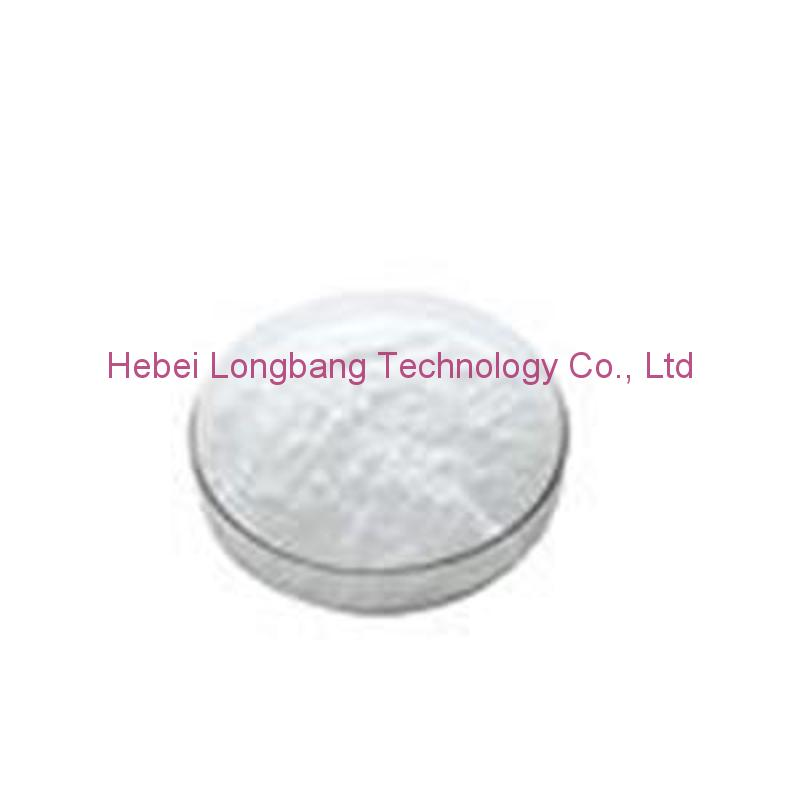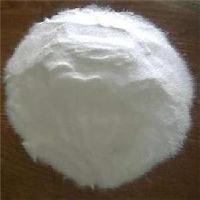-
Categories
-
Pharmaceutical Intermediates
-
Active Pharmaceutical Ingredients
-
Food Additives
- Industrial Coatings
- Agrochemicals
- Dyes and Pigments
- Surfactant
- Flavors and Fragrances
- Chemical Reagents
- Catalyst and Auxiliary
- Natural Products
- Inorganic Chemistry
-
Organic Chemistry
-
Biochemical Engineering
- Analytical Chemistry
-
Cosmetic Ingredient
- Water Treatment Chemical
-
Pharmaceutical Intermediates
Promotion
ECHEMI Mall
Wholesale
Weekly Price
Exhibition
News
-
Trade Service
Tirofiban hydrochloride monohydrate is a drug that is commonly used in the medical field to treat a variety of conditions, including acute coronary syndrome and acute myocardial infarction.
It is a phosphorylated analog of platelet factor 4, which is a potent inhibitor of platelet aggregation.
Tirofiban is known for its ability to quickly and effectively dissolve blood clots, making it an important tool in the treatment of heart attacks and other cardiovascular conditions.
In addition to its use in medicine, tirofiban hydrochloride monohydrate is also widely used in the chemical industry as a reagent for the synthesis of various chemical compounds.
It is commonly used in organic synthesis, medicinal chemistry, and materials science.
Safety of Tirofiban hydrochloride monohydrate
The safety of tirofiban hydrochloride monohydrate is well established and has been extensively studied in both clinical and non-clinical settings.
In clinical trials, tirofiban has been shown to be safe and well-tolerated when administered to patients in recommended doses.
The most common side effects associated with tirofiban use are headache, nausea, and dizziness, which are generally mild and do not require medical intervention.
In non-clinical studies, tirofiban has been shown to be safe for use in animals and has not been shown to cause any adverse effects at doses that are much higher than the recommended human dose.
Additionally, tirofiban has been shown to have low toxicity in both acute and chronic studies, indicating that it is a safe and effective treatment option.
Precautions and warnings
While tirofiban is generally considered safe, there are some precautions and warnings that should be taken into account when using this drug.
Patients who are administered tirofiban should be carefully monitored for signs of bleeding, as tirofiban can increase the risk of bleeding, particularly in patients who are receiving other blood-thinning medications.
Additionally, patients with a history of liver disease or renal impairment should be closely monitored when receiving tirofiban, as these conditions may increase the risk of adverse effects.
Finally, patients who are allergic to tirofiban or any of its components should avoid using this drug.
Handling and storage
Tirofiban hydrochloride monohydrate should be handled with care and stored in a safe and secure location to prevent accidental exposure or contamination.
It should be stored at room temperature and protected from light and moisture.
In conclusion, tirofiban hydrochloride monohydrate is a safe and effective drug that is widely used in both the medical and chemical industries.
Its safety has been extensively studied and it has been shown to be safe and well-tolerated when used in recommended doses.
However, as with any medication, caution should be exercised when using tirofiban, and patients should be closely monitored for signs of adverse effects.
Proper handling and storage of tirofiban are also essential to ensure its safety and effectiveness.







